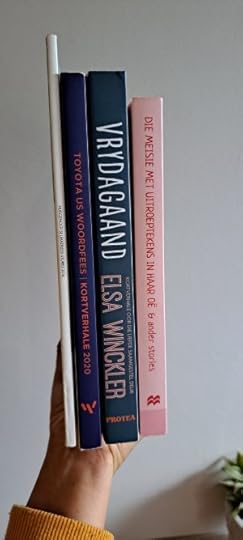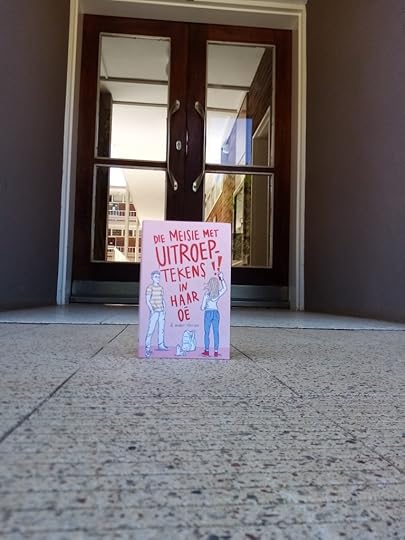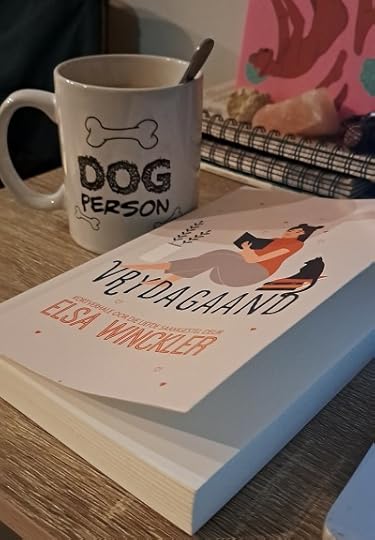5 Tips for writing short stories
I didn’t love writing short stories while I was studying (#MyNWU baby!) but have developed a true passion for them since then. When I planned my goals for this year, writing five short stories was part of the plan.

I have to admit that short stories come easily to me. It tends to start with one scene and almost unfolds in my mind. But I try to challenge myself often, and when I am struggling, I go back to these five pillars.
Start with a character at a turning pointWho is the most interesting person in your life, right now? And what has the power to dramatically change their lives? I always asked myself these two questions, because if I know who I am basing my character on, I know what challenges can change their life. The turning point/change is where the story starts.
Take note: I don’t use their whole existence to create a story, they are usually a starting point. Build from there.
Write from a different perspective.You don’t have to always go bigger to get better. The MCU Phase 4 has shown how the big battles influence everyday people like Kate Bishop and Monica Rambeau.
So, if you tend to tell the story from a particular point of view, change that. A short story is a good place to experiment a bit. Instead of writing from the point of view of the superhero or even villain, tell the story of the small first-time business owner whose business just got destroyed in the epic battle. You may find something interesting along the way.
 Die Meisie Met Uitroeptekens In Haar OëFind inspiration from other authors.
Die Meisie Met Uitroeptekens In Haar OëFind inspiration from other authors.There have been thousands of authors before you. If you are struggling, read one of them. Reading with intention, focus on how the author has put the story together, and it may teach you a trick or two.
Keep goingI am a firm believer that talent only takes you so far. Writing is a craft and just like anything else, you have to work to improve. The year I published the most stories, was also the year I wrote the most stories.
I followed Ray Bradbury’s advice: “Write a short story every week. It’s not possible to write 52 bad short stories in a row.” For every bad story, there is a usable one and with a little polish, you create something that is ready for submission.
Keep notesNo, you won’t remember the interaction you’ve just seen. One of my writing professors, prof Franci Greyling, advised us to keep a writing journal. I tend to use mine as a time capsule, writing highlights of my days, or noting down things that catch my eye or mind.
Secondly, I tend to have Tuesday check-ins with one of my friends. It’s just us messaging each other on a Tuesday morning to explain what happened the previous week so that we keep up with each other’s lives. I have found that it taught me to notice the things that evoke emotions within me. So, I use it in my writing.
 Vrydagaand
Vrydagaand
Every author I know has their own routine and while mine is still evolving, these tips are my foundation for creating short stories. I hope it also helps you.



